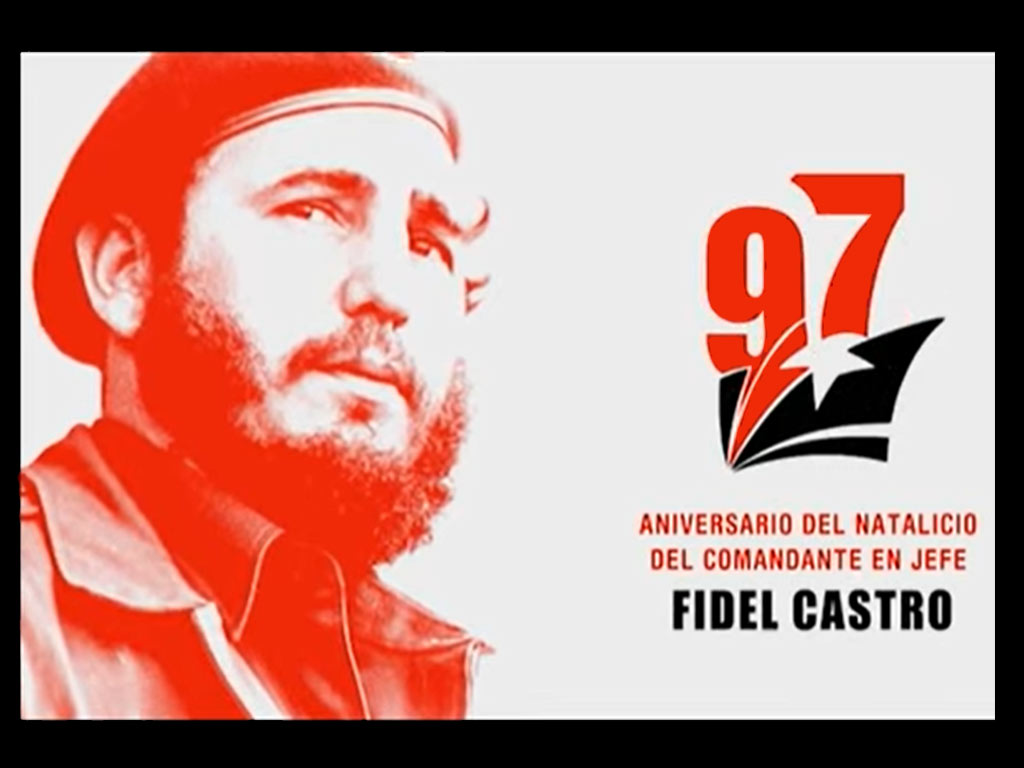Seven years after his death, his legacy continues to mark Cuba’s efforts to consolidate its sovereignty and independence, and the permanent improvement of the socialist system in the light of the United States’ hostility and the tightening of the blockade imposed by that powerful nation for more than 60 years.
After arriving in Havana on January 8, 1959, leading the rebel forces that had defeated the Fulgencio Batista dictatorship (1952-1959), Fidel Castro was already a living legend. Since then, he has become a paradigm of a revolutionary man in Latin America and the world.
His political sagacity, prestige, and solidarity, Latin Americanism, and third-world vocation allowed him to lead Cuba’s resistance against the most powerful empire in history for almost five decades, placing him at the center of the events that marked the world in the 20th century.
He led, among other military and political battles, the victory of the Cuban people over the mercenary invasion of Playa Giron (Bay of Pigs) in 1961, and his prestige grew during the October 1962 Missile Crisis, when, according to Cuban-Argentinean guerrilla fighter Ernesto Che Guevara, he shone as a statesman rarely did.
His contributions to strengthening the left forces in Latin America and other countries globally, the anti-colonialist struggles in Africa, defeating Apartheid in South Africa, and the unity of the nations of the so-called Third World, among other redeeming causes that marked the 20th century, are also acknowledged.
According to Abdelaziz Bouteflika, president of Algeria from 1999 to 2019, Fidel had the rare ability to travel to the future and return to tell it. He affirmed, “He will undoubtedly have the merit of being included in the pantheon of few men who were both pioneers and dynamic actors who shaped the course of our world.”
For his brother in blood, arms, and ideals, Army General Raúl Castro, Fidel was Cuba’s most illustrious son in the 20th century, “the one who showed us that it was possible to try to conquer the Moncada Garrison to turn that setback into a victory.
That is the invincible Fidel who continues to inspire the Cubans with his example and demonstrating that it is possible and will be possible to overcome any obstacles, threats, or turbulence in our firm determination to build socialism in Cuba, or what is the same, to guarantee the homeland’s independence and sovereignty,” Raúl Castro said at that time.
jg/iff/oda/evm










